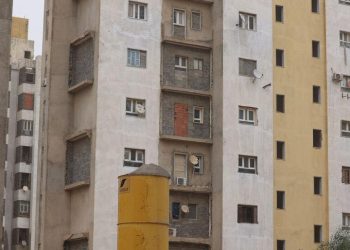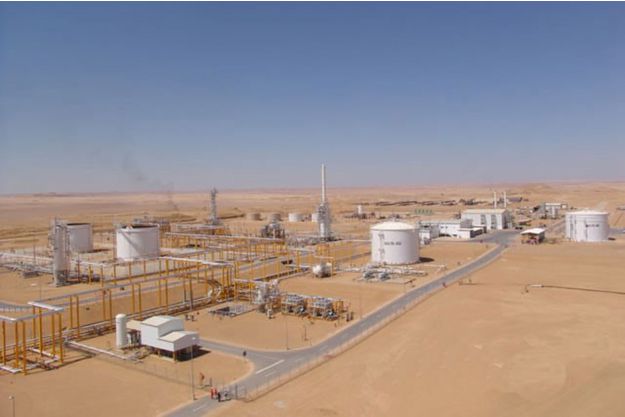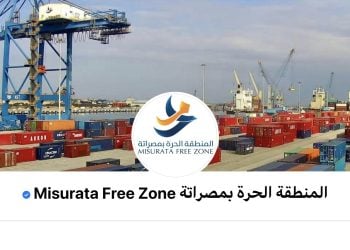By Jamie Prentis.
Tunis, 10 February 2017:
As part of NOC chairman Mustafa Sanalla’s efforts to expand oil exploration and production in Libya, he has held a further series of discussion this week in Tunis with foreign oil companies.
There have again been talks with Spanish oil company Repsol, as well as with Indonesian company Medco and Germany’s Wintershall, all of which are active in Libya.
Repsol is a partner with NOC in Akakus Oil which restarted production in the massive Sharara field in the south east’s Murzuk Basin in December when the oil valves on the pipeline to Zawia were reopened. Production is growing: it is currently at 170,000 barrels a day according to a Repsol source. Prior to the shutdown two years ago, it was 350,000 b/d.
Production was increasing but getting back to that figure would take some time, the source said. “It could be months,” he stated.
The Spanish company also has exploration rights over a further two block in the area.
Last year, when speaking about resuming production, Repsol said it would do so as soon as security considerations permitted. In this week’s meeting that view was again expressed. “We’d like to start [exploration] as soon as possible,” the source said, but it was all a question of security. That state of affairs had been put to Sanalla in the Tunis meeting, he added.
Medco, which has a number of exploration concessions in the Ghadames Basin in Area 47 is also looking to resume operations, but again security is an issue. Prior to the revolution it had said it intended to invest $1.7 billion between 2010-2014 in several major projects across Libya. In the event, that did not happen.
Operating in eight onshore fields in the eastern Sirte basin, Germany’s largest crude oil and natural gas producer, Wintershall, used to produce up to 100,000 b/d before the 2011 revolution, with its largest field, As-Sarah, near Jalu.
Since the outbreak of the country’s low-level civil war in mid-2014, production at the field has been an on-off affair. It stopped in mid-2014, resumed in September the same year, ceased again three months later, then restarted in February 2015 until May, and again between September and November 2015. The reopening of the Zueitina terminal last September allowed for production to resume. It is now running at around 35,000 b/d.
It has been a busy year so far for Sanalla after he told a London conference in January that new oil exploration projects would in future be open to foreign investment following a five-year moratorium.
While in London he also saw representatives from BP, as well as from DEA, Austria’s OMV, US oil giants Amerada Hess and ConocoPhillips (two of the three American partners in Waha Oil), Repsol and the Polish Oil and Gas Company.
In the move to commit such foreign companies to invest and expand operations in Libya, he has since had a subsequent meeting with OMV in Tripoli. It recently announced it had increased its stake in the Nafoura oil field near Jalu.








